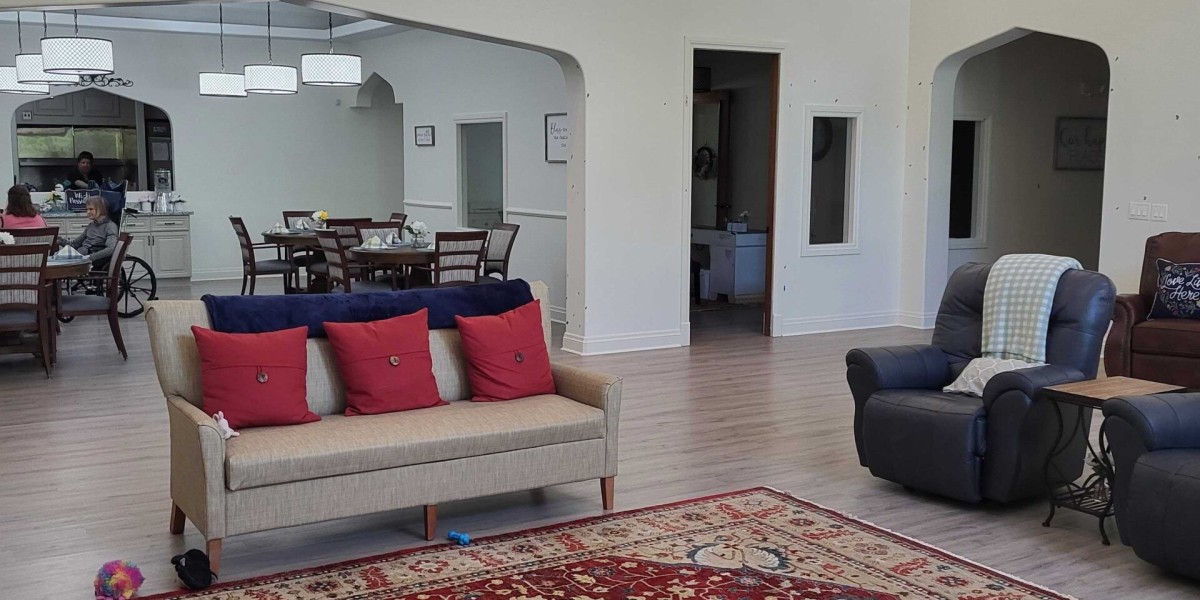Living with Alzheimer's disease can be challenging, both for the individual diagnosed and their loved ones. However, with the rise of Alzheimer's community care initiatives, the experience is changing for the better. These programs offer invaluable support and resources for those affected by the disease, making a significant difference in their quality of life.
Here are six ways community care is transforming the Alzheimer's experience:
Enhanced Quality of Life
Community home care for Alzheimer’s patients prioritizes their well-being, providing them with personalized support to improve their quality of life. By participating in activities aligned with their interests and skills, people can immerse themselves in enriching experiences that foster mental engagement and social connections.
Whether it's art therapy, music sessions, or simply enjoying nature walks, these programs ensure that patients continue to lead fulfilling lives despite their diagnosis.
Support for Caregivers
Providing care for a family member afflicted with Alzheimer's can take a toll on both emotional and physical well-being. Community care services offer much-needed support for caregivers, providing respite care, counseling, and educational resources.
These programs help lighten the load for caregivers, allowing them to more effectively manage the demands of caregiving while also preserving their own health and wellness.
Safety and Security
Safety is a top priority for Alzheimer's patients, who may be prone to wandering or experiencing confusion. Community care facilities come equipped with safety measures like secure entry systems, round-the-clock supervision, and emergency response protocols, all aimed at safeguarding the well-being of residents.
This provides families with reassurance, knowing that their loved ones are receiving the necessary care in a secure environment, granting them peace of mind.
Personalized Care Plans
Each individual with Alzheimer's has unique needs and preferences, and community care programs recognize this by offering personalized care plans. These plans are customized to tackle the unique hurdles encountered by individual patients, providing support ranging from daily tasks to overseeing medication and medical supervision.
Community care facilities empower individuals to uphold their independence and dignity to the fullest extent through a person-centered approach.
Social Connection
Social isolation is a common concern for Alzheimer's patients, but community care programs provide opportunities for socialization and connection. Participation in group activities, support gatherings, and shared meals promotes social engagement among residents, nurturing feelings of inclusion and solidarity.
These social connections are essential for combating loneliness and depression and promoting emotional well-being in Alzheimer's patients.
Continuum of Care
As Alzheimer's progresses, the level of care needed may change. Community care programs offer a continuum of care, allowing individuals to transition seamlessly between different levels of support as their needs evolve.
Whether it's independent living, assisted living, or memory care, these programs ensure that patients receive the appropriate level of care at every stage of their journey with Alzheimer's.
The End Note
Alzheimer's community care programs are pivotal in enhancing the well-being of individuals impacted by the condition. By prioritizing quality of life, providing support for caregivers, ensuring safety and security, offering personalized care plans, fostering social connection, and providing a continuum of care, these programs are transforming the Alzheimer's experience for the better.
With their comprehensive approach to care, community care initiatives are making a positive impact on individuals with Alzheimer's and their families, offering hope and support in the face of this challenging disease.










